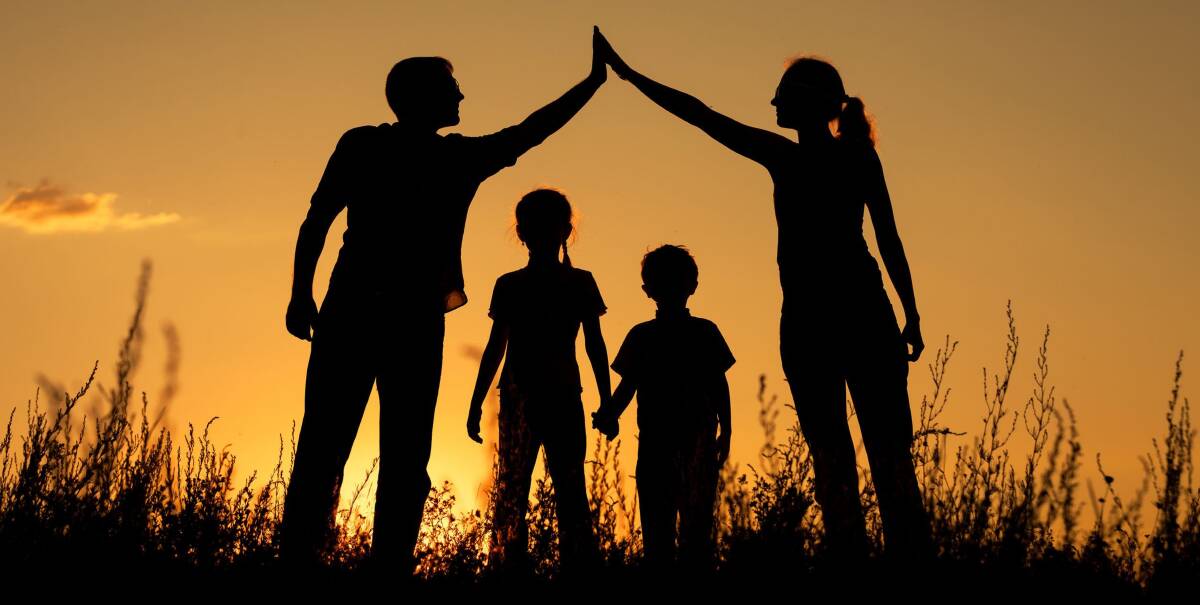
Advertising feature
Subscribe now for unlimited access.
$0/
(min cost $0)
or signup to continue reading
You don't have to be a superhero or a social worker to become a foster carer, but you do need a genuine desire to make a difference in a child's life.
Foster care is provided to children and young people who are unable to live with their own families.
Carers can be working full-time, part-time or not at all. They can be single, married, in a de facto relationship or in a same-sex relationship.
According to the Victoria Department of Health and Human Services (DHHS) the main requirement is "a big heart and a lot of patience".
"Whether you have days, weeks, months or years to spare, there's a child who could benefit from your love and kindness," the website said.
This advertising feature was sponsored by
Click on the links to find out more.
Ideally you are over the age of 25, an Australian citizen or permanent resident, in good health and don't have an unfavourable criminal record.
DHHS says foster carers are there to take on the responsibilities of a parent and provide "a safe, nurturing and secure family environment for children and young people needing care".
As a general rule there are five types of foster care.
Immediate or crisis care is an emergency placement for children who are considered to be in danger. These placements can occur after hours and on weekends and carers need to be able to provide care for very young children at short notice.
Respite care is there to give parents and carers a break from their caring role. It's usually for short periods of time, such as school holidays or weekends.
Short to medium-term care can last for anywhere from a few months to two years and has a strong focus on reuniting the child with their birth parents or extended family. In some circumstances a short-term carer may look after a child before they move to another carer.
Carers receive training and support from psychologists, remedial teachers, respite care and other health services.
Long-term or permanent care is for longer than two years and usually occurs when the child is not expected to return to their family.
Relative or kinship care is when a child or young person lives with a relative or someone they already know.
Carers receive training and support from psychologists, remedial teachers, respite care and other health services.
There are also many foster care support groups where carers can build support networks.
Authorised carers receive an allowance which covers the general day-to-day costs of raising a child.

